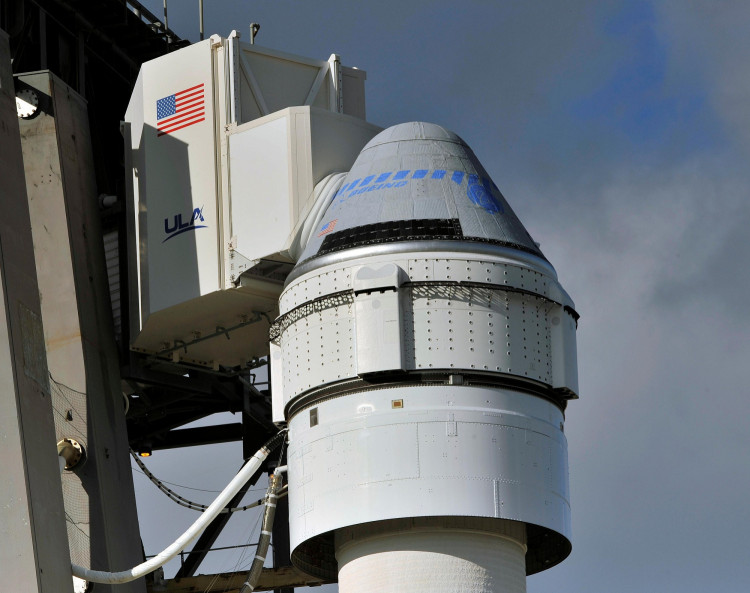Boeing's NASA-backed Starliner spacecraft has run into a big hiccup, essentially further delaying its launch. NASA safety advisers flagged the company's spacecraft late last week for apparent software issues, which were originally detected by Boeing during its botched test flight in December last year.
The software issue on Boeing's spacecraft, which was designed to ferry NASA astronauts to the International Space Station (ISS), will be delaying its already years-overdue maiden flight. According to NASA officials, they will be formally conducting a full-scale safety review on Boeing's Starliner project.
Part of the investigation will attempt to determine why Boeing engineers were not able to immediately detect the issue during ground testing prior to their test flight. NASA will be looking into the Boeing's software quality processes, specifically those that check for potential defects prior to implementation.
Boeing originally conducted an unmanned test flight in December, to test out the Starliner's capabilities of docking with the ISS safely. Unfortunately, the software issue, which desynchronized the ship's internal clock, caused it to misfire and stumble way off course. Due to the issue, the ship was forced to make an early return back to Earth.
During a meeting on Thursday last week, NASA's safety adviser panel revealed a separate software issue that also could have caused a "catastrophic failure" to the mission. Fortunately, Boeing was apparently able to identify and correct the problem prior to the test flight last year. The separate software issue potentially could have caused another misfire that prevented the Starliner's crew cabin from separating with its service module.
Unlike the issues it had with its Boeing 737 Max airplanes, Boeing immediately acknowledged the issues pointed out by NASA. The company confirmed during a briefing on Friday last week that the error could have caused serious damage and loss of life if it remained undetected during an actual manned flight.
Boeing has been working closely with NASA since the agency retired its space shuttle program. Along with SpaceX, Boeing is currently working with the agency to design a spacecraft that can ferry astronauts to the ISS. In 2013, NASA gave Boeing $4.2 billion and SpaceX $2.6 billion to separately design new spacecraft.
Both companies have unfortunately not yet delivered on their promises, with NASA expecting a fully working vehicle by 2017. SpaceX is however much closer to achieving its directive, with its SpaceX Crew Dragon spacecraft completing a major testing milestone last month. SpaceX is reportedly close to being given NASA's approval to begin flying astronauts in the coming months.






